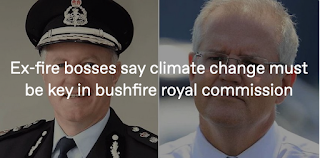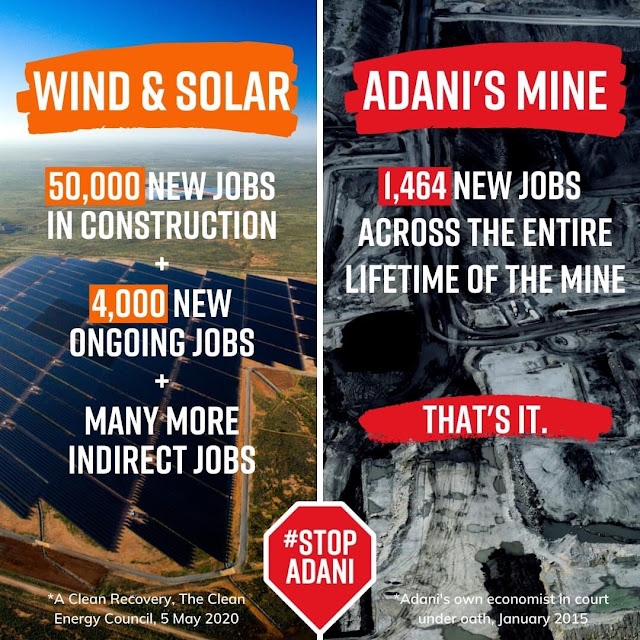By
and
Meeting the climate-neutrality goal is a key pillar of a 750 billion-euro ($824 billion) economic recovery plan unveiled by the European Commission, one of the Brussels-based executive’s top officials said.
Read more at Bloomberg
-
Green Deal to become motor for growth in EU recovery effort
-
Access to EU funds will require alignment with green goals
Meeting the climate-neutrality goal is a key pillar of a 750 billion-euro ($824 billion) economic recovery plan unveiled by the European Commission, one of the Brussels-based executive’s top officials said.
Read more at Bloomberg



















